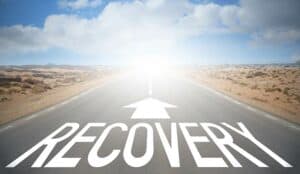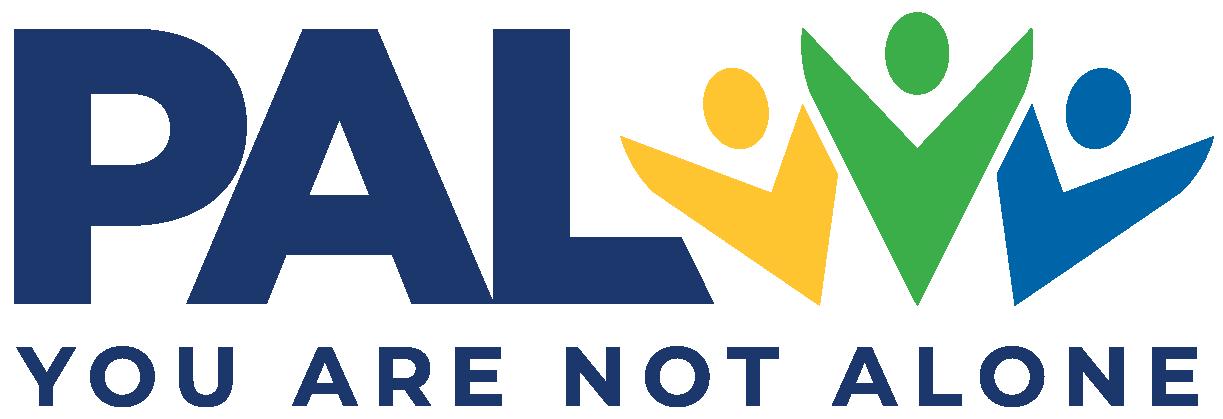
Have you ever said, “I think he is sober,” or “he says he is sober.” I hear this often at PAL meetings. I also remember saying those words during the years both of my sons were active in their disease. As parents we desperately want to believe our loved ones even when their actions do not align with their words. Someone said to me early in our journey that “You’ll know it when you see it.” That seemed so vague and unrealistic to me at the time, and over time, I learned that there are some key things to look for.
We all know that breaking any addiction whether to substances, food, smoking, gambling or a destructive relationship is enormously difficult. It takes time and perseverance and often does not follow a straight line. This is where we get, “this is a marathon, not a sprint.” What does it really look like? How will I know if I’m getting better? How will I know if my loved one is getting better?
Recovery is about change and all change is about changing habits. Recovery begins with some kind of awakening to the fact that we are going to lose something that we are not prepared to live without if we do not change. Some people call this “hitting rock bottom.” Whatever you call it, it is a time where they are at a state of willingness.
No matter how hard we work at someone’s recovery, we cannot have this experience for another person. So, the first step is this “conversion”-type of experience. At different points in time, I recall both of my sons saying they had this experience. Kind of like an “epiphany” that they could not continue living the way they were. I was skeptical at this point. Next comes a “decision” to do whatever it takes to make the changes happen. At this point the reality of what is about to be lost is so overpowering that the cost of making the change won’t matter. In other words, your loved one will be “willing to do anything” to get sober and recover, not just one thing. Now you will start to see “action.” This is where, “you will know it when you see it” comes in. Your loved one will start to find the answers to their problems in the recovery community rather than calling you. They will start asking, listening and then choosing to do what the professionals are suggesting. You won’t be skeptical; their actions will match their words and you won’t wonder if they are sober or not. You will just know.
Now, the hard part. You are running a parallel journey to your loved one. You may not be dealing with substance use disorder but at a minimum you’re dealing with co-dependency and relationship issues. From a recovery standpoint, addiction to substances and co-dependency are not very different. My challenge to you is to reread this from the beginning and apply it to yourself. What are you doing for your own recovery? Consider reading Stage II Recovery, Life Beyond Addiction, by Earnie Larsen, its a great resource for all of us.
Blessings,
Michelle
